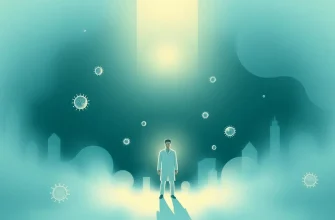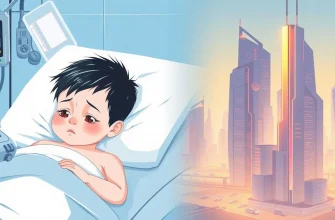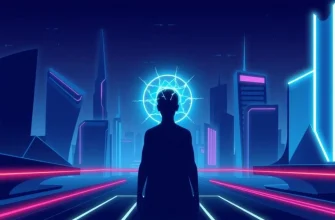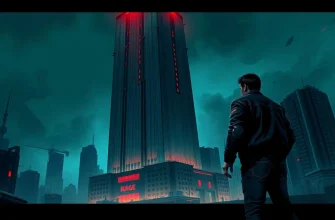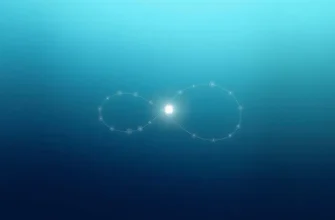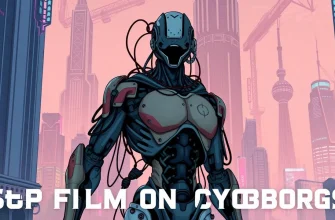Gene therapy has long been a staple in science fiction, offering a tantalizing glimpse into the future where genetic engineering could solve diseases, enhance human abilities, or even create new species. This curated list of 10 films delves into the thrilling, often controversial, world of gene therapy, showcasing how filmmakers have envisioned this technology shaping our future. From dystopian nightmares to utopian dreams, these movies not only entertain but also provoke thought about the ethical, moral, and societal implications of altering our genetic code.
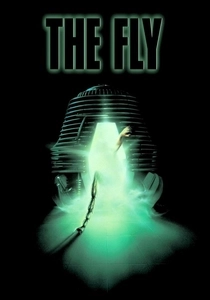
The Fly (1986)
Description: A scientist's experiment with teleportation goes horribly wrong when he merges his DNA with that of a fly, leading to a grotesque transformation. This film is a classic exploration of the unintended consequences of genetic experimentation.
Fact: The film was remade from the 1958 original, with David Cronenberg adding his signature body horror elements.
 Watch Now
Watch Now 
Gattaca (1997)
Description: In a future where genetic engineering determines one's social status, Vincent Freeman, a "naturally" conceived man, assumes the identity of a genetically superior individual to pursue his dream of space travel. This film explores the societal implications of gene therapy and the human spirit's resilience against genetic determinism.
Fact: The film's title is derived from the four nitrogenous bases of DNA: guanine, adenine, thymine, and cytosine.
 Watch Now
Watch Now 
The 6th Day (2000)
Description: In a world where human cloning is illegal but practiced, an action hero must fight against a corporation that has cloned him. This film delves into the moral and legal issues surrounding human cloning.
Fact: Arnold Schwarzenegger plays dual roles in this film, showcasing his versatility in action and drama.
 Watch Now
Watch Now 
Code 46 (2003)
Description: In a dystopian future, genetic engineering has led to strict laws about reproduction to prevent genetic defects. A love story unfolds between two individuals who are genetically incompatible, exploring themes of love, identity, and genetic determinism.
Fact: The film was shot in Shanghai, Dubai, and Rajasthan, blending futuristic settings with real-world locations.
 Watch Now
Watch Now 
The Island (2005)
Description: In a seemingly utopian facility, residents are told they are survivors of a global contamination, but the truth is far more sinister involving cloning and organ harvesting. This film touches on themes of identity, freedom, and the ethics of cloning.
Fact: The film's concept was influenced by the 1979 film "Parts: The Clonus Horror."
 Watch Now
Watch Now 
The Gene Generation (2007)
Description: In a future where DNA is a commodity, a DNA hacker and her sister must navigate a world where genetic enhancements are the norm. This film explores the black market of genetic enhancements and the societal divide it creates.
Fact: The film was shot in Hong Kong, giving it a unique cyberpunk aesthetic.
 Watch Now
Watch Now 
Splice (2009)
Description: Two genetic engineers, Clive and Elsa, splice animal DNA to create a new organism, Dren, leading to unforeseen consequences. This film delves into the ethical boundaries of genetic manipulation and the hubris of playing God.
Fact: The film was inspired by real-life genetic experiments, particularly those involving the splicing of genes from different species.
 Watch Now
Watch Now 
Never Let Me Go (2010)
Description: Based on Kazuo Ishiguro's novel, this film follows the lives of clones raised for organ donation, exploring themes of love, loss, and the ethics of cloning.
Fact: The film's setting is intentionally vague, allowing for a universal interpretation of the story's themes.
 Watch Now
Watch Now 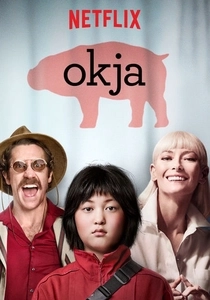
Okja (2017)
Description: A young girl embarks on a mission to save her genetically modified super-pig from a multinational corporation. This film explores the manipulation of animal genetics for profit and the ethical considerations of such practices.
Fact: The film was shot in South Korea, Canada, and the United States, with a significant portion of the movie featuring real-life locations.
 30 Days Free
30 Days Free 
The Gene (2017)
Description: This documentary explores the history and future of genetics, including gene therapy, through the lens of a family affected by genetic disorders. It provides a real-world perspective on the implications of genetic research.
Fact: The film features interviews with leading geneticists and researchers, offering an educational insight into the field.
 30 Days Free
30 Days Free 

